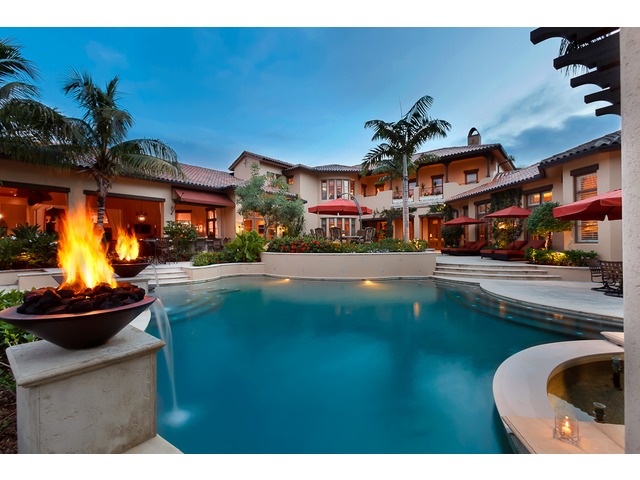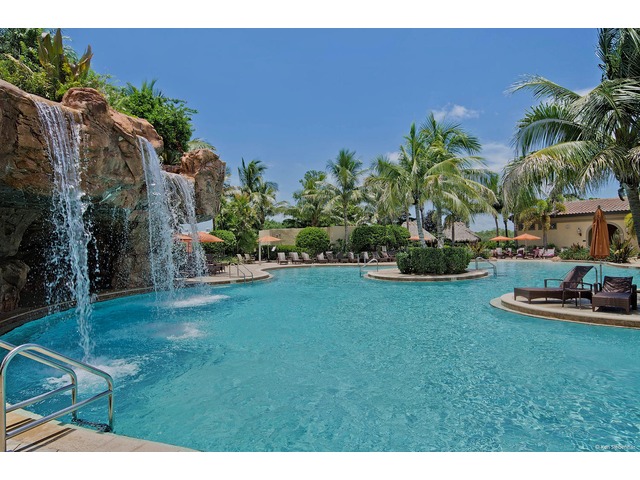Keep Your Pool Warm with Cola Cooling: The Best Choice for Swimming Pool Heaters in Cape Coral, Florida

There’s something magical about taking a dip in a warm pool, especially when the air is a bit chilly. It’s an experience that’s both relaxing and invigorating. But to ensure you can enjoy this luxury throughout the year, you need a reliable pool heater. That’s where Cola Cooling comes in. As a trusted swimming pool heater company based in Cape Coral, Florida, Cola Cooling is committed to meeting all your pool heater needs including service, repair, and sales.
Why Choose Cola Cooling?
Superior Quality Products and Services
At Cola Cooling, we understand the importance of having a well-functioning pool heater. That’s why we strive to provide superior quality products and services to our customers.
Our team of experts is dedicated to offering top-notch pool heater service and repair, ensuring your heater is always in optimal condition.
Comprehensive Range of Products Whether you’re looking for a new pool heater or need to replace an old one, Cola Cooling has you covered. We offer a comprehensive range of pool heaters, from heat pumps to gas heaters, and more. We carry products from leading brands, guaranteeing quality and urability.
Professional and Experienced Team
Our team comprises professionals with years of experience in the industry. They are skilled in diagnosing and fixing a wide range of pool heater problems, ensuring you can enjoy your swimming sessions without any interruptions.
Exceptional Customer Service At Cola Cooling, customer satisfaction is our top priority. We believe in going the extra mile to ensure our customers are happy and satisfied with our services. Our team is always ready to assist you with your pool heater needs, providing expert advice and guidance.

Choosing Cola Cooling for your pool heater needs comes with several benefits:
- Reliability: We guarantee reliable and efficient service. Our team is always ready to
respond to your needs, ensuring your pool heater is in optimal condition at all times. - Cost-Efficiency: We offer competitive pricing for our products and services. We
believe in providing value for your money, ensuring you get the best quality products
and services at affordable prices. - Convenience: With our comprehensive range of products and services, you don’t
need to go anywhere else for your pool heater needs. We provide everything you
need, right here at Cola Cooling. - Peace of Mind: With our professional and experienced team, you can have peace
of mind knowing that your pool heater is in good hands. We ensure all our services are
carried out to the highest standards, providing you with the best possible results.
Conclusion
In conclusion, Cola Cooling is your go-to company for all your swimming pool heater needs in Cape Coral, Florida. With our superior quality products, professional team, and exceptional customer service, we ensure you can enjoy your warm pool whenever you want. Contact us today to learn more about our services and how we can help keep your pool warm all year round.
Call Cola Cooling at 239-895-3286 for a Free Estimate
